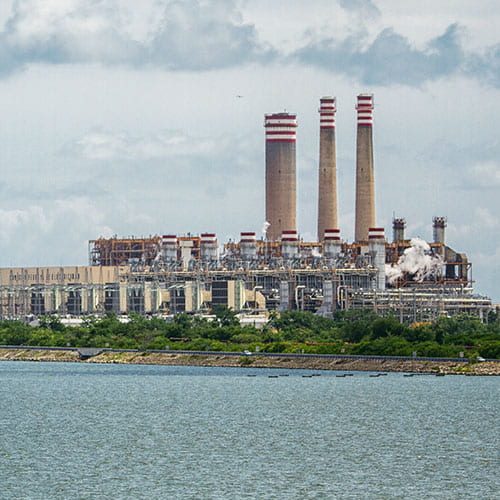By Adrian Duhalt
Postdoctoral Fellow in Mexico Energy Studies
Center for the United States and Mexico
Center for Energy Studies
When it comes to energy issues, Mexico’s President López Obrador’s discourse heavily gravitates toward Pemex, as do his policies and actions. In his quest to strengthen the country’s energy sovereignty, at least with respect to fuels, his government has embarked on a course of action that includes construction of a multibillion refinery in Tabasco, his home state. In addition, the six refineries Pemex owns throughout Mexico are allegedly undergoing — or will undergo — maintenance and upgrades. And more recently, AMLO, as he is also known, has persuaded policymakers to reform laws that would ostensibly cement Pemex’s position in the domestic gasoline/diesel market – an important source of revenue for the company. Moreover, he has frequently declared that oil exports would eventually be halted so that Pemex can refine the fuels that Mexican drivers demand.
Evidently, López Obrador is not short of options to shore up Pemex. On Monday, May 24, Pemex announced that it reached an agreement to buy Shell’s 50.005% stake in a refinery both firms have co-owned in Deer Park, southeast of Houston. For a price tag of $596 million, Mexico’s state-owned oil and gas company is set to fully control a refinery that boasts a processing capacity of 340,000 barrels per day, a capacity utilization rate above 80% in recent years, and a daily production of 110,000 barrels of gasoline and 90,000 barrels of diesel, according to Pemex.
While many may question Pemex’s move at a time when several national oil companies and international oil companies are reducing their exposure to refining, the acquisition is strategic in many respects — and can hardly be viewed as a thoughtless decision, at least from Pemex’s standpoint.
Deer Park may offer valuable advantages to Pemex. For example, it provides an opportunity for greater volumes of Pemex crude oil production to be processed there and displace current suppliers, lessening in that way any uncertainty in terms of export market access.
Moreover, it is acknowledged that Mexico’s existing refineries are not in good shape and that their operations are frequently compromised, which affects Pemex production levels and thus its standing in the domestic market. Fuel production from Deer Park, when commercialized in Mexico, can help Pemex sustain and even expand its market share. This has been López Obrador’s focus since his first day as president.
Pemex’s bet on fossil fuels is not the only feature that stirs energy pundits at home. Comparisons with the cost of Dos Bocas, a $9 b refinery under construction in southern Mexico, quickly emerged. And rightly so. By investing in the Deer Park refinery, which has an assumed value of roughly $1.2 b, Pemex can add processing capacity equivalent to the one projected at Dos Bocas: 340,000 barrels per day.
Truth be told, there is no doubt that it is strategic for a country like Mexico to produce a percentage of its own fuel to meet demand, but AMLO has something slightly different in mind: energy sovereignty. As the saying goes, he wants the whole enchilada.
The same reasoning may also refer to the political arena. Halfway through his presidential term and just before the midterm elections on June 6, AMLO doubled down on his bet on crude oil refining, a move that will surely go down well among an important segment of Mexico’s electorate.
